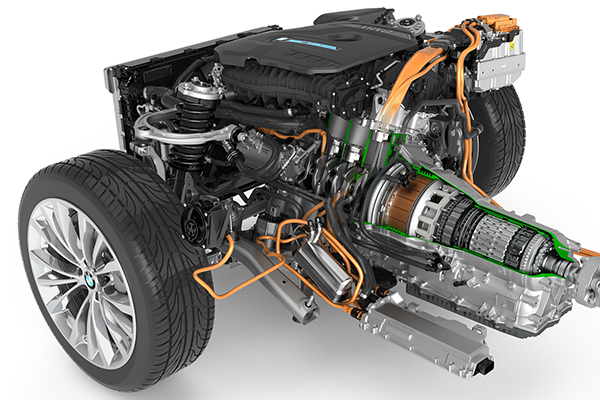Views: 85 Author: Site Editor Publish Time: 2024-12-04 Origin: Site









Among BMW's many models, the N55, N20, B48 and other engine families are widely adopted, covering almost all mainstream models of the brand, and we are relatively aware of the common problems of these engines.
The BMW N13 engine has received relatively little attention. However, as one of BMW's earlier turbocharged engines, the N13 engine was mainly used in certain models of the 1 Series and 3 Series, including the F20 and F21 in the 1 Series, and the F30, F31 and F35 in the 3 Series. Although it is an excellent engine, there are still some problems. Today, we will discuss a few common problems with the BMW N13 engine.
01 Valve cover leakage
This is one of the most common problems in N13 engines. Because the valve chamber cover gasket may harden, deform or crack after a long time of use, it cannot be sealed, resulting in leakage.
Leakage of the valve chamber cover may also be due to material deformation or damage, affecting its sealing performance, or improper operation during installation. If the inspection finds that there is a problem with the valve chamber cover, it is recommended to replace the gasket or the entire valve chamber cover in time.

02 Oil cooler base leaking
The sealing ring of the oil grid base of the BMW N13 engine is easy to harden due to long-term exposure to high temperature environment, and lose the original sealing performance, resulting in oil leakage.
In addition to aging, the seal may also be damaged due to improper installation, wear or other external factors, resulting in a loose seal. If the problem persists, you may need to replace the oil grid base.
03 Water pump leakage
The sealing ring of the pump may age and wear due to long-term operation, resulting in water leakage. If the pressure of the cooling system is too high, the pressure of the sealing part of the pump may be too high, resulting in damage to the sealing ring and water leakage.
In daily maintenance or when replacing the pump, if the installation is not correct, such as the sealing ring is not correctly installed or the bolt is not evenly tightened, it may also lead to water leakage. Once a leak is found, the damaged parts should be replaced in time to prevent the engine from overheating and avoid further damage to other parts and engine life.

04 Burning oil
N13 engines may burn oil due to damaged waste valves, aging valve seals, or stuck piston rings. Fixing the problem may require the replacement of damaged parts, such as valve oil seals or piston rings.
05 Engine Mount is damaged
The damage of the foot glue may cause resonance and impact to be felt in the cab after the vehicle is started, or shake and abnormal sound when it is in gear. It is recommended to replace the new engine mount.

06 Fuel injection nozzle and high pressure pump damaged
Improper closure of the fuel nozzle or leakage in the high pressure oil pump may lead to problems such as difficult cold start of the engine and idle jitter. It is usually necessary to replace a damaged nozzle or oil pump.

In summary, the cause of the failure of the BMW N13 engine and its solution may vary depending on the condition of the vehicle.
In order to ensure the performance and safety of the vehicle, it is recommended that the owner regularly check and maintain the car, and once any problems are found, please replace the necessary accessories in time to avoid serious consequences.
